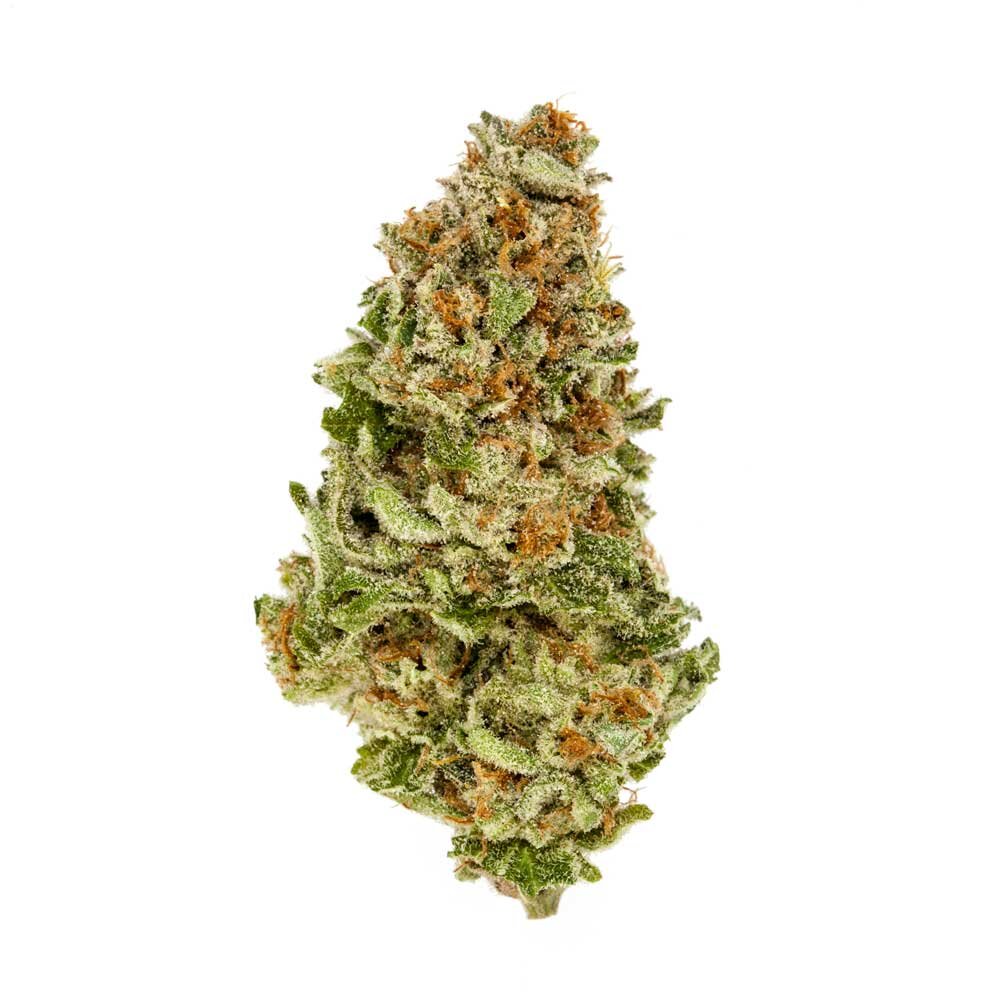Unlocking Nature's Bounty: The Surprising Benefits of Cannabis Products
In recent years, cannabis products have emerged from the shadows of stigma and prohibition, finding their way into mainstream conversation and wellness practices. As researchers delve deeper into the rich tapestry of cannabinoids and terpenes, we are beginning to unravel the myriad benefits these natural compounds can offer. From oils and edibles to topicals and tinctures, the versatility of cannabis products is capturing the interest of health enthusiasts and skeptics alike.
The potential advantages of incorporating cannabis into our daily routines are both surprising and varied. People are discovering that these products could aid in pain relief, reduce anxiety, and even enhance overall well-being. As society shifts towards a more holistic approach to health, cannabis products are poised to play a significant role, encouraging us to explore the natural bounty that this ancient plant has to offer.
Health Benefits of Cannabis
Cannabis products have gained significant attention for their potential health benefits, emerging as a natural remedy for a variety of conditions. One of the most widely recognized advantages is the ability to alleviate chronic pain. Cannabinoids, the active compounds in cannabis, interact with the body's endocannabinoid system to reduce inflammation and modulate pain perception. This makes cannabis a valuable option for individuals suffering from arthritis, fibromyalgia, and other pain-related disorders.
Beyond pain relief, cannabis products show promise in managing mental health conditions. Many users report that cannabis helps reduce symptoms of anxiety and depression. The calming properties of certain cannabinoids, particularly CBD, have been studied for their effects on mood regulation and stress relief. This has led to a growing interest in using cannabis as a complementary therapy for those seeking alternatives to traditional pharmaceuticals.
Additionally, cannabis products have been found to support sleep quality for those struggling with insomnia or other sleep disturbances. The relaxing effects of specific strains can help individuals fall asleep more easily and improve overall sleep patterns. With the increasing acknowledgment of the importance of sleep for overall health, cannabis is being explored as a natural aid to promote better rest and recovery.
Culinary Uses of Cannabis Products
Cannabis products have gained popularity in culinary circles, offering unique flavors and potential health benefits. Ingredients like cannabis-infused oils, butters, and tinctures can elevate a wide range of dishes. Chefs and home cooks alike are experimenting with these products to create innovative recipes, from savory sauces to sweet confections. The earthy taste of cannabis can complement various ingredients, making it a versatile addition to both traditional and contemporary cuisine.
Incorporating cannabis products into cooking can also provide additional wellness benefits. Many consumers are drawn to the potential therapeutic effects associated with cannabinoids, such as CBD and THC. When used thoughtfully, these compounds can enhance not only the culinary experience but also contribute to nutrition and relaxation. For those seeking alternative methods for managing stress or chronic pain, culinary applications of cannabis offer a discreet and enjoyable way to harness these benefits.

As the cannabis culinary movement grows, so does the emphasis on responsible consumption. Educating both chefs and consumers about proper dosing and the effects of cannabis products is essential. With the right guidance, people can enjoy delicious meals crafted with cannabis while also being mindful of their health and wellness. Whether it's a cannabis-infused salad dressing or a batch of brownies, the possibilities are endless for those willing to explore the intersection of gastronomy and cannabis.
Exploring Sustainability in Cannabis Cultivation
Sustainability in cannabis cultivation is becoming increasingly important as the industry grows. Farmers are adopting eco-friendly practices to minimize their environmental impact while meeting increasing consumer demand for cannabis products. Techniques like organic farming, crop rotation, and the use of natural pest control methods help preserve soil health and reduce the need for synthetic chemicals. This focus on sustainable practices not only benefits the environment but also enhances the quality of the cannabis produced.
Moreover, water conservation is a critical aspect of sustainable cannabis cultivation. Growers are implementing innovative irrigation systems and rainwater harvesting techniques to reduce water usage. By utilizing drip irrigation and moisture sensors, farmers can optimize water distribution, ensuring that plants receive the necessary hydration without wastage. These efforts contribute to the health of local ecosystems and help combat water scarcity issues in regions where cannabis is cultivated.
Finally, many cannabis producers are increasingly focusing on renewable energy sources to power their operations. Solar panels, wind energy, and other green technologies are being integrated into cultivation and production facilities. This shift not only decreases the carbon footprint of cannabis products but also aligns with the sustainability values that many consumers prioritize. As these practices become more widespread, they pave the way for a responsible cannabis industry that prioritizes environmental health alongside product quality.